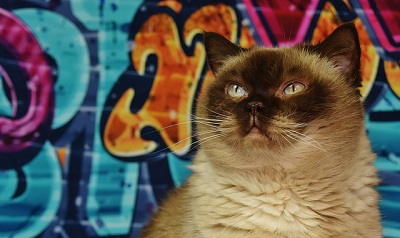What to Consider When Adopting a Senior Cat?
What to Consider When Adopting a Senior Cat?
Adopting a senior cat has many benefits. One of them does not refer to humans, only. Adopting a senior cat is a humane act. Many of aging cats die earlier in a shelter because they do not get full care as they will in their forever home. For that reason, owners of senior cats report they feel good when providing a home for one of the seniors. However, adopting a senior cat can be a difficult task. Especially, if a cat has some kind of disease. A shelter will provide us with a cat medical history and we should reconsider it thoroughly. Some health issues may require a lot of time, effort and finances. On the other hand, many senior cats are pretty healthy and do not demand a lot. They are also less demanding in terms of training and less active. But, a less active cat does not enjoy an occasional play session with their owners. To find out more about what to consider when adopting a senior cat, the article “Cat Adoption Tips for Adult Cats – Adopting Older CatsCommon Health Problems in Older & Senior Cats” gives us the following advice.
What to Consider When Adopting a Senior Cat?
– Dental disease and other oral diseases (e.g., periodontal disease, stomatitis)
– Hyperthyroidism
– Kidney disease
– Diabetes
– Pancreatitis
– Inflammatory bowel disease
– Constipation
– Heart disease (e.g., cardiomyopathy)
– Lung disease
– Cancer
– Deafness
– Changes in vision and other eye abnormalities
– Cognitive decline
– Muscle wasting
– Dehydration
Additionally, some senior cats may carry emotional baggage from the past. According to experts, a majority of them can cope quite well when settled in a loving home. Many owners are afraid that an old cat cannot love them as a little kitten. Feline experts do not believe that is true. They have seen many happy owners of senior cats. And, yes, senior cats are able to love a new owner unconditionally, according to them. If we want to develop a strong bond with a senior cat, we need time and patience. Sometimes, we might have to retrain a senior and help him change dysfunctional behavior. But, in the end, it is worth the effort.










